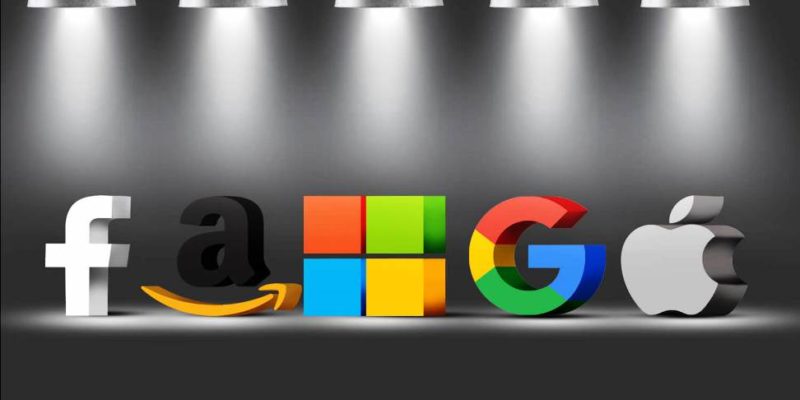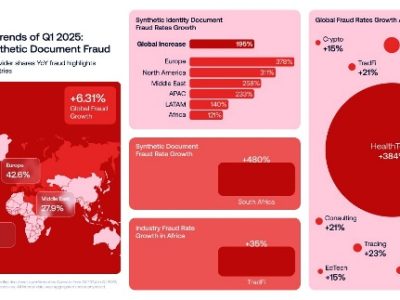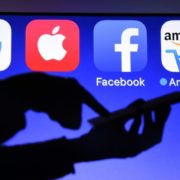A new report “Financing Opportunities for 4G/5G Investment in Africa” shows that Africa with 56 nation states and 1.5 billion people is an increasingly important digital economy. Africa’s total gross domestic product (GDP) at more than $3 trillion in 2024 is expected to surpass the European Union by 2050. Africa is likely already driving US $180 billion annually in digital revenue, accordingly to a separate Google-sponsored report.
RELATED: How lack of IT engineers and system integrators challenge OpenRAN in emerging markets, Strand Consult
All the same, Africa’s wealth and growth are not uniform, and only 60 percent of its people are online. Half of all Africans in rural areas suffer poverty and malnutrition whereas only one-tenth of people in urban Africa do. Moreover, a significant financial gap remains to connect all people in Africa, about half a trillion US dollars according to the ITU/UNESCO Broadband Commission for Sustainable Development. Despite being more important than ever, broadband adoption efforts have stalled at 3.7 billion people globally, largely for reasons of lack of access and affordability. Indeed, Africa’s unconnected experience a lack of connectivity three times higher than the rest of the world, and even those Africans with access to mobile broadband, only 60 percent can afford to use it.
Connectivity can alleviate suffering through the delivery of essential services for health care, employment, education, and finance, a fact which should activate leaders and communities to accelerate Africa’s connectivity goals. A new report just launched by the Advocacy Task Force of the Working Group on 21st Century Financing Models intends to do just that. The new, free report is called “Financing Opportunities for 4G/5G Investment in Africa”.
This report summarizes a recent gathering of African ICT ministers, industry leaders, financial analysts, telecom operators, investors, and regulators, showcasing a unified front to connect Africa. Importantly, the event focused on business models to connect Africa and invited feedback from investors and some 30 global financial institutions.
Strand Consult, which has worked and covered African mobile markets for more than two decades, was pleased to participate in the meeting and subsequent report with a presentation featuring knowledge from its Global Research Project for Broadband Cost Recovery, Affordability, and Fair Share. Strand Consult reviewed the data and statistics of coverage across different African countries and regions, digital economy development, and methods of broadband cost recovery as proposed and practiced, and the associated pros and cons.
Emerging country mobile operators face an innovator’s dilemma as they move from 2G/3G to 4G/5G. Under current constraints, the investment is not necessarily a good one because monthly subscription fees fail to recover the high cost of deployment and operations. Meanwhile, third party service providers (also called over the top providers, OTTs, or “Big Tech”, the set of hyperscalers Google, Amazon, Meta, Apple, Microsoft, Netflix, TikTok, Alibaba, and so on) enjoy nearly pure upside, the ability to offer fee-based and advertising-supported services without any fee to access the broadband network itself or the operator’s customer base.
OTTs themselves regularly engage in business deals to access each other’s networks. They recognize, practice and enjoy the benefits of two-sided markets. However OTTs reject that knowledge when it comes to broadband providers, pretending two-sided markets don’t apply. Indeed, a key challenge experienced by African broadband providers is that most OTTs refuse to engage. If Africa is to close its digital divide and conect the remaining 40 percent or 600 million people, Big Tech must pay.
However impressive that hyperscales have lined the oceans with subsea cables and established server centers in less regulated locations, they reportedly decline to show up to infrastructure investment discussions. And if they do, it is to extoll the view that they have no financial responsibility on the ground, and in fact, deserve free access to broadband providers’ networks. The fact remains that connecting everyone in Africa requires the building and financing of infrastructure on the ground: towers, antennas, trenching and so on.
In fact, African operators experience the same challenges as broadband providers in other countries. Strand Consult has described the situation in its reports Mile Economics: How streaming video entertainment undermines the business model for broadband and Broadband Cost Recovery: A Study of Business Models for 50 Broadband Providers In 24 US States.
The new report details a little known known but significant role has been played by Meta with a 24.7 percent equity investment ($37.5 million) in Internet Para Todos, a project to connect 6 million people in rural Peru beginning in 2019. Not only has the project covered its initial costs and deployed 2,233 4G sites, it returns financially to Meta and the other two investors, Telefonica and the CAF – Development Bank of Latin America. The wholesale Internet para Todos network leases capacity to mobile operators and earns data usage fees. The policy framework includes low-cost spectrum and access to a national backbone but no government subsidies. Shared, private control is a critical success element which underpins plans to roll out the model to other Latin American countries, albeit at a small scale. For Meta, the investment amounts to $6.50 dollars per subscriber, slightly more than Meta’s average revenue per user in an emerging country.
Investors at the African stakeholder meeting were well-aware of the economics and geo-demographics of Africa and its force multiplier effects. They seek profitable business models both for rural and urban broadband provision. They would like to see third party service providers contribute to infrastructure investment, provided the proper incentives. Similarly, the investors see African nation state governments playing a critical role to mitigate investment risks, notably with frameworks that allow the transparent, efficient conduct of business, clear financial reporting, rational spectrum management, and so on.
Such business models are important to broaden the base of financial contributions to the broadband economy, so that consumers need not bear the entire burden of cost recovery. Digital enterprises should participate in a forthright manner which respects the use of other’s property. To date, Big Tech has attempted to portray its provision of proprietary servers and undersea cables as a public good. If that is their version of altruism, then they should establish towers on African terra firma at their own expense. In any event, there is plenty of opportunity in Africa, and the door is open for Big Tech to negotiate and invest.
African people have been abused and exploited for generations. The question is whether online economy models will continue that exploitation as digital colonialism, or whether new business models will ensure that the largest beneficiaries also participate financially in the deployment of infrastructure on the ground, particularly in the rural and remote parts of Africa.
Strand Consult with its Global Research Project for Broadband Cost Recovery, Affordability, and Fair Share helps operators and policymakers learn the different cost recovery models and identify and adapt the features which are appropriate for their nation’s legal, economic, and social requirements. Contact Strand Consult to learn more.
Traditional telecom business models no longer work to close the digital divide. New business models are needed which incorporate the relevant parties which have a stake in ensuring that all people are connected. After all, when people get online in both urban and rural areas, Big Tech earns more revenue.
Order the new free report “Financing Opportunities for 4G/5G Investment in Africa” today. Strand Consult is a leading expert in broadband in Africa and supports business models to ensure that all 1.5 billion Africans connect to the Internet and enjoy its benefits.





























